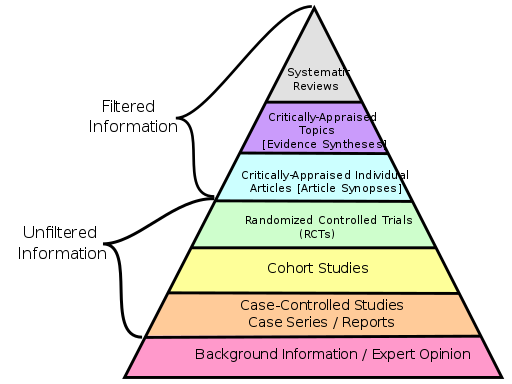
The first Journal Club of 2020 met on 8 January to talk about : Dalton, M., 2019. How individual consultations with a librarian can support systematic reviews in the social sciences. Journal of Information Literacy, 13(2), pp.163–172.
Our first discussion question was whether this article sufficiently defines what a systematic review is, and whether this is understood by student researchers in the social sciences. A key question we ask students in our courses is if they should be doing a systematic review at all. Systematic reviews entail very precise methodologies which can result in a large and time consuming piece of work. We find that in the social sciences, what many students want is to review the literature systematically, which is not the same.
We felt that our understanding of the demand for full systematic review support delivered by librarians for the social sciences at the University of Edinburgh was insufficient at the moment. However in the health sciences, our experience is that the number of students doing systematic reviews as a methodology has increased and keeps rising. One reason for this is that it doesn’t require any ethics approval as other research methods would. So this may also happen in the social sciences.
The article’s methods statement included a thoughtful and clear discussion of the study’s limitations. We talked about the timing of the survey’s circulation, 6-8 weeks after the consultation. This seemed appropriate to us, as students and researchers may find it hard to know immediately what will be useful from attending training and support.
The article picked up on some of the tensions that occur in providing a librarian 1:2:1 consultation service. A key question is the value of 1:2:1 help versus delivering help in a classroom session, because 1:2:1 support, as the article notes, is extremely resource intensive. Our discussion group felt that classroom sessions served a different purpose, serving to make students and researchers aware of the gaps in their understanding. 1:2:1 sessions were then useful to help students put this knowledge into practice in the context of their own research questions, bridging the gap between teaching and research. The article also makes the point that 1:2:1 tailored sessions present an opportunity to deliver greater impact for individual researchers than a classroom session can, “ a long-term impact rather than a quick fix”.
The article notes that in the health sciences, systematic review support is “often highly visible and embedded”. Formal planning for systematic review library support, where students are routinely referred to a consultation with librarians, is not currently standard practice in the social sciences curriculum at Edinburgh. In order for us to have sufficient resource to create a systematic review service that’s scaleable and sustainable for the social sciences, we need to demonstrate the potential impact using methodologies like the one used in this paper. Actions we felt we could take forward were exploring using the survey questions from this study for our own use, and working towards developing a suite of short online videos answering common questions about systematic review.
Be First to Comment